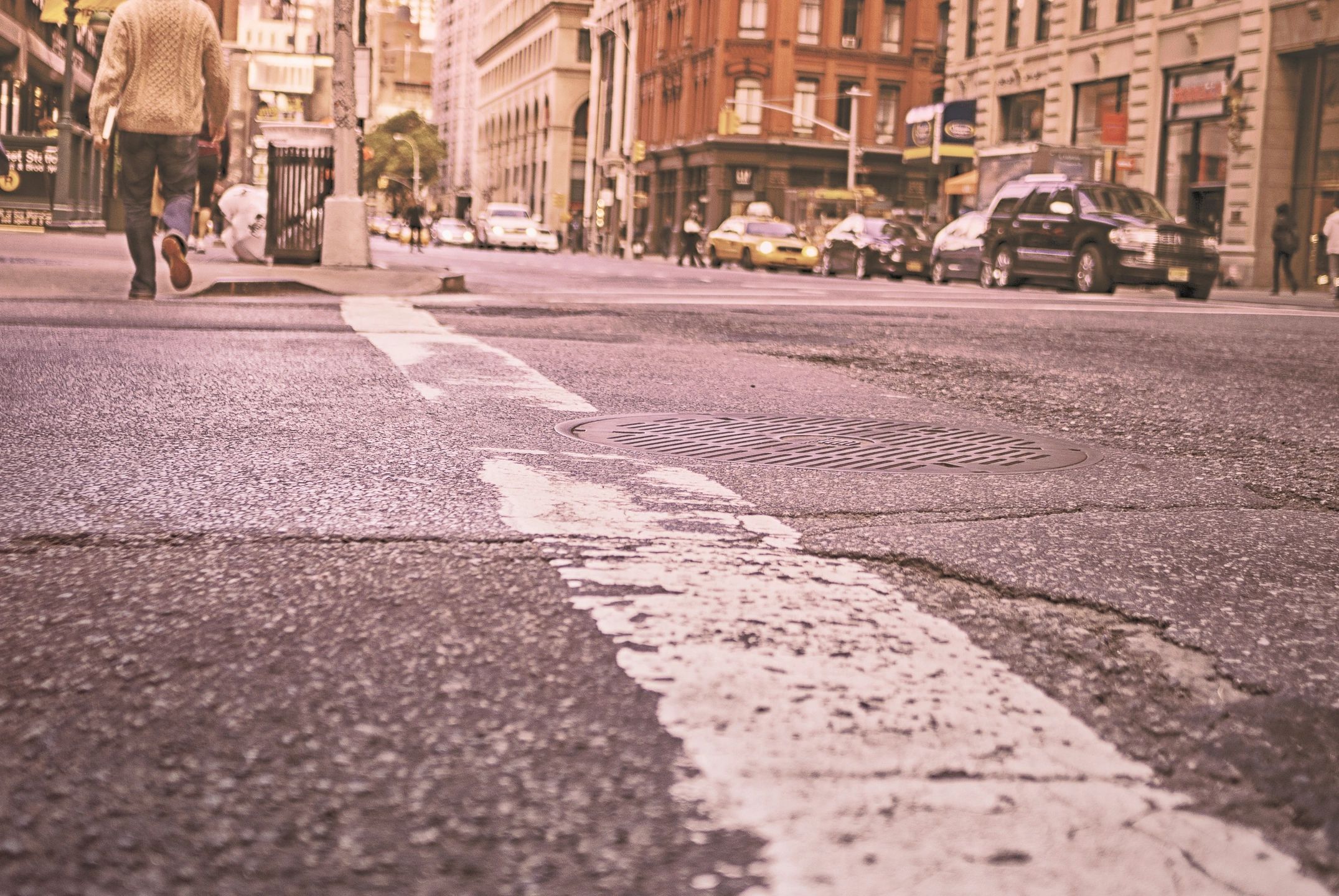Friday’s U.S. Supreme Court ruling allowing the criminalization of homelessness has ignited concerns about public health, particularly in states like Arizona, where extreme heat adds a critical layer of public health threat from the ruling.
See the Ruling: City of Grants Pass v. Johnson (6/28/24) | SCOTUS
In Arizona, homelessness isn’t just a crisis of housing but a public health crisis. The ruling essentially allows cities to penalize people for sleeping in public spaces, including parks and sidewalks. This policy shift is alarming, given the severe health risks faced by individuals experiencing homelessness, especially during our lethal Arizona summers.
When we criminalize homelessness, we are not addressing the root causes—like the lack of affordable housing or mental health services—but rather pushing the problem out of sight. This displacement can lead to severe health consequences.
Homeless individuals are at heightened risk for heat-related illnesses, such as heat stroke and dehydration, which are worsened by the lack of access to cooling centers and medical care. Arizona’s 2023 heatwave tragically underscored this reality, with many heat-related deaths among the homeless population.
Furthermore, the constant threat of arrest and displacement can lead to increased stress and mental health issues. It disrupts the continuity of care, making it difficult for outreach programs to provide essential services, such as healthcare, food, and shelter. The fear of legal repercussions may also deter individuals from seeking help, pushing them further into isolation and vulnerability.
Criminalizing homelessness can strain public health resources, leading to more frequent emergency room visits and higher healthcare costs for untreated conditions. It perpetuates a vicious cycle of poverty, poor health, and justice system entanglement, creating barriers to recovery and rehabilitation.
See: Maricopa County Heat Deaths in 2023: A Crisis for the Homeless & a Call for Housing Reform
In Arizona, the public health community must advocate for humane, health-centered solutions to homelessness that recognize the right to safe shelter and access to health services, especially in a climate as unforgiving as ours.
The focus should be on providing stable housing and comprehensive support rather than punitive measures that only worsen the crisis.

